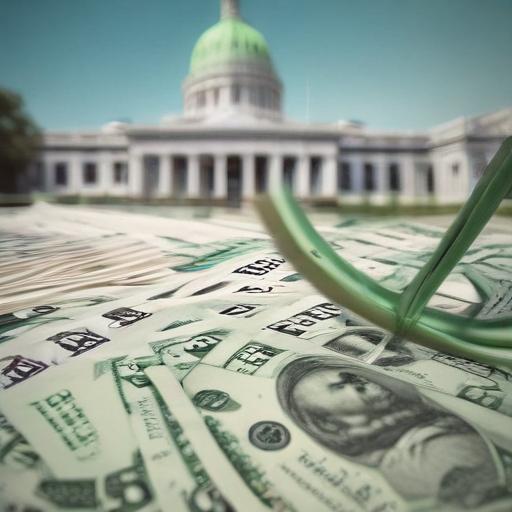The One Big Beautiful Bill Act, recently passed by Congress in July 2025, marks a significant shift in tax reform initiatives under the Trump administration. While it aims to provide tax relief, it has prompted confusion regarding the expectation of direct payments or “stimulus checks” akin to those distributed during the COVID-19 pandemic. It is crucial to clarify that this new legislation does not include any widespread cash payments for the general population.
Unlike the stimulus payments under the CARES Act (2020) or the American Rescue Plan (2021), the Big Beautiful Bill (BBB) does not provide universal checks. Official analyses from the White House and reports indicate that the focus is on progressive tax relief rather than direct financial transfers.
The BBB introduces several fiscal benefits aimed at different groups, including:
– A tax exemption on tips (up to $25,000) and overtime (for those earning under $160,000).
– A new child tax credit of $2,500, which is refundable up to $1,600, though limited to families with sufficient income.
– An increase in the standard deduction to $15,750 for single filers and $31,500 for joint filers, with adjustments for inflation.
– A deduction for car loan interest, capped at $2,500.
These changes are expected to yield annual savings ranging from $500 to $1,500 for average taxpayers, depending on their income levels and family situations.
Additionally, the bill introduces a unique program called the Trump Accounts, which will provide a one-time deposit of $1,000 for savings accounts of newborns born between 2025 and 2028. This initiative is designed to promote long-term savings rather than to offer immediate financial relief, and it is exclusively available for new parents, excluding those without children born during this timeframe.
While the lack of direct cash payments mirrors the concerns expressed during the legislative discussions, many taxpayers could still experience a reduction in their overall tax burden. The support built into the BBB highlights an evolving approach to economic relief, aiming to create sustainable savings for individuals and families.
